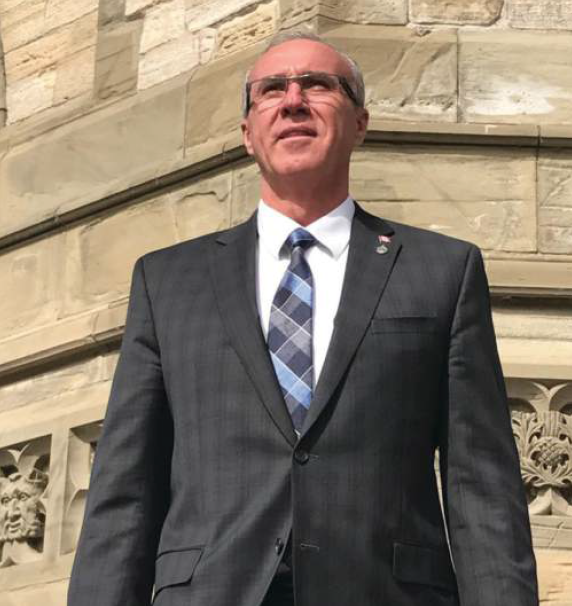Current Temperature
22.8°C
Canada’s Economic Realities
Posted on January 6, 2022 by admin Glen Motz
Glen MotzGlen Motz, Member of Parliment
With a new year upon us, Canadians are hopeful the future will be bright — in comparison to the past two years. However, with a seemingly perpetual pandemic, the rising cost of living, and Liberal payroll and energy tax-hikes forthcoming, it is uncertain just how promising 2022 will be for the average family already stretched financially.
Federal Finance Minister Freeland’s recent Economic and Fiscal Update (EFU) suggested all is well with Canada’s economic picture. Her words, “we have been doing a great job,” are debatable considering Canada’s rising debt crisis, annual deficits, increasing taxes, continued government spending of an additional $71.2 billion, and growing inflation concerns, which are pushing Canada to economic uncertainty.
Conservative leader Erin O’Toole noted that part of the positive outlook the minister described is driven by inflation. In fact, the EFU shows government revenues have increased by $15.6 billion due to rising inflation, which is predicted to be around five per cent in December. This means inflation is not only increasing the costs for everyday essentials such as fuel and groceries, but is raising taxes for Canadians resulting in the Liberal government profiting from growing inflation.
Canada’s economy can only grow if there is investment, however Canada’s private sector investment is at an all-time low. Canadian companies are investing in US business interests instead of in Canada because of our higher taxes and regulatory roadblocks. Low investment means Canada is losing out on immediate job creation as well as longer term emerging technology opportunities. In fact, senior economists have noted that if not for massive government spending, this would be even more apparent.
The EFU claims the government “intends to return a portion of the proceeds from the price on pollution to small and medium-sized enterprises through new federal programming in backstop jurisdictions,” including Alberta, with further details to be announced early in 2022. There was some good news for Alberta farmers in the update, including an intention to return a portion of the carbon tax, via a refundable tax credit, directly to farming operations that use natural gas and propane beginning in the 2021-22 fuel charge year.
The government did present a few tax proposals as income generators, such as a national, annual one-per cent tax on the value of non-resident, non-Canadian owned residential real estate in Canada considered to be vacant or underused; a Digital Services Tax, to be tentatively imposed as of Jan, 1, 2024; and the implementation of a luxury tax, as announced in budget 2021. However, it is doubtful these measures will offset the government’s spending problems.
This latest fiscal update has again shown the budget will never balance itself, and that fiscal and monetary policy – despite its impact on the everyday lives of Canadians, jobs, and our economy – will never be a priority of this government.
While these realities are concerning, I remain optimistic that strong Conservative policies, even while in opposition, will be helpful in weathering these challenges.
Wishing everyone all the best in the New Year.
Leave a Reply
You must be logged in to post a comment.

